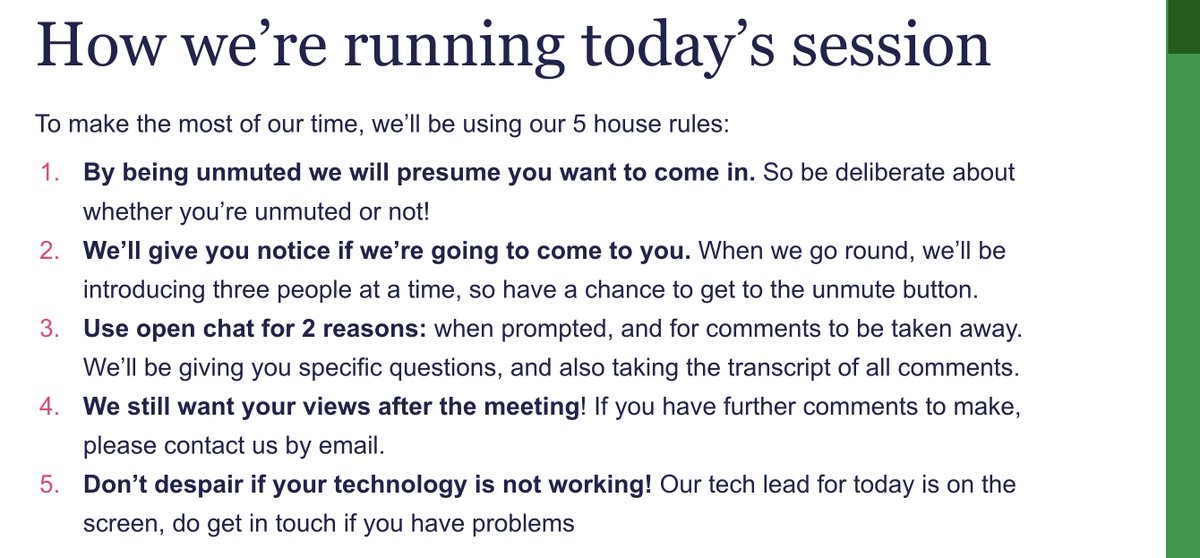Mini-thread on bullying & an even bigger problem. I wrote this on bullying in the NHS & #metoo for @NuffieldTrust reflecting on last year's #ntsummit. nuffieldtrust.org.uk/news-item/view… 

Two parts to the argument: bullying way too high, and not sufficiently part of the mainstream policy conversation. Idea was whether we could learn from #metoo in terms of calling out woefully unacceptable behaviour.
https://twitter.com/Alyssa_Milano/status/919659438700670976
Where are we a year on? Not great. From #NHSStaffSurvey bullying metrics ⬆️ across the board. Not massive, but against a backdrop of everyone thinking they were too high to start with, that's not good. nhsstaffsurveys.com/Caches/Files/S… 

Are people more prepared to call it? Not particularly, rates staying pretty static. If there is going to be a #metoo for bulling in the NHS, we're yet to see any sign of it. 

How about bullying being part of the policy conversation? Here's a wordcloud of the 50k words which make up the #NHSLongTermPlan. Spot bullying? Go on, take a peek. longtermplan.nhs.uk/wp-content/upl… 

No, of course you can't. The 4 mentions of 'Bullying' - half that of 'Manchester', and only 1 more than 'France' - doesn't even make it on to the list.
Let's try another document: 2019-20 Planning guidance. Nice operational document, surely more space for everyday problems such as bullying...
england.nhs.uk/publication/pr…
england.nhs.uk/publication/pr…

Nope. Only 1 mention this time. We could go on, but I think you get the message.
I'm going to call it: a bigger problem than bullying itself is the neglect, willful or otherwise, from policymakers in making it a priority. Let's hope it's a different story next year. Ends.
I'm going to call it: a bigger problem than bullying itself is the neglect, willful or otherwise, from policymakers in making it a priority. Let's hope it's a different story next year. Ends.
• • •
Missing some Tweet in this thread? You can try to
force a refresh












